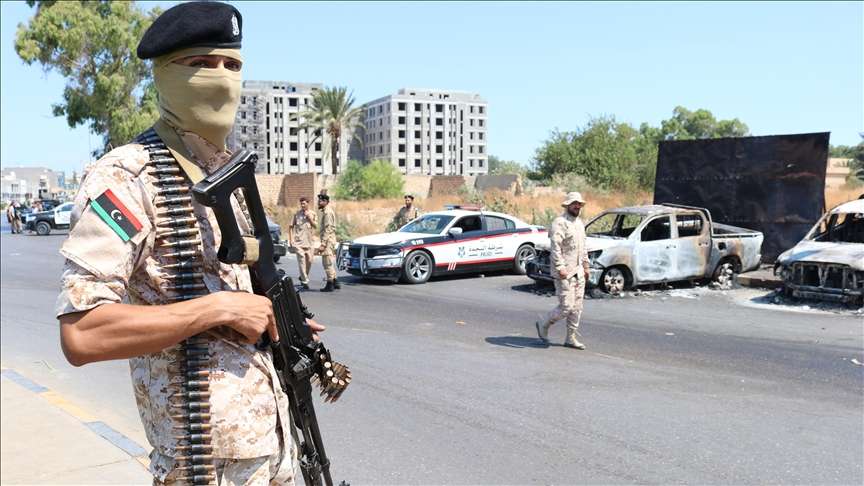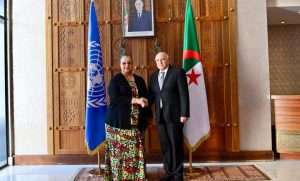Timeline for UN – Libyan roadmap “unlikely but not impossible”

According to Libyan analyst Salem Sahed, the timeline proposed for the latest UN roadmap is “unlikely but not impossible.” As first reported in the Libya Gazette on September 22nd, success would require rapid progress on electoral and legal reforms, clear buy-in from competing factions, and the immediate neutralisation of spoilers. Speaking exclusively to Maghrebi, Sahed said that “Libya’s decades-long fragmentation, repeated failures to hold credible ballots, and the power of armed groups on the ground make that timeline optimistic,” he notes. “Achieving it would require several high-risk conditions to align quickly.”
Structurally, Sahed argues, the roadmap “is similar to past attempts and not bullet-proof.” While there is appetite among the political class, it is “mostly to protect interests, not out of conviction.” As such, the initiative feels less like a durable framework and more like diplomatic pressure designed to bring sides back to the table. Any interim authority would need to rebuild relationships with Libya’s patchwork of armed groups, a process that takes time. In that context, elections could quickly slip down the list of priorities, leaving the transitional government as “another body competing for legitimacy rather than a bridge to elections.”
Sahed also points out how the roadmap avoids some of Libya’s most critical issues. “It doesn’t go into real detail on oil, military unification, or constitutional reform,” Sahed points out. “It bets on a new government to figure those out, but without military integration no decision can be enforced on the ground. Oil revenues and reforms will remain tools for leverage rather than settled policies.”
If the roadmap fails, Sahed does not expect an necessary indefinite east–west division. “External players like the US and others don’t want to deal with two institutions, and Libyans themselves know division means weakness and fewer resources,” he explains. “Both sides still think they can control the whole country, so indefinite division is unlikely. But instability will continue.”
The most optimistic scenario rests on the outcome of elections. “If it produces an autocrat-style PM from the west and a defense minister from the east, that could create some unified institutions with a federalist outlook,” Sahed suggests. Such a compromise could stabilise oil production, attract foreign investment, and reset Libya’s fragile regional diplomacy.
The UN’s plan, then, is less a roadmap than a wager. Its success hinges on the rapid alignment of fractured political and military elites, reforms delivered at breakneck speed, and external pressure strong enough to keep spoilers in check. Without that alignment, the roadmap risks becoming yet another in a series of failed initiatives. With it, Libya may finally take its first real step towards breaking the cycle of instability.
Libya Gazette/ Maghrebi
Want to chase the pulse of North Africa?
Subscribe to receive our FREE weekly PDF magazine














